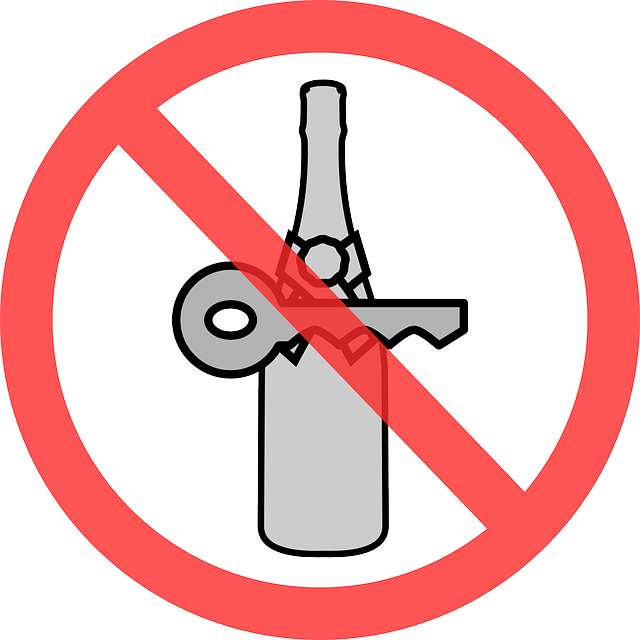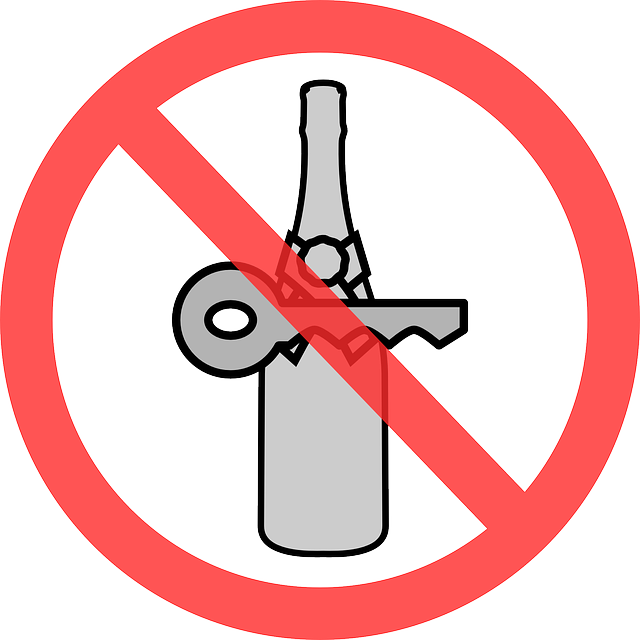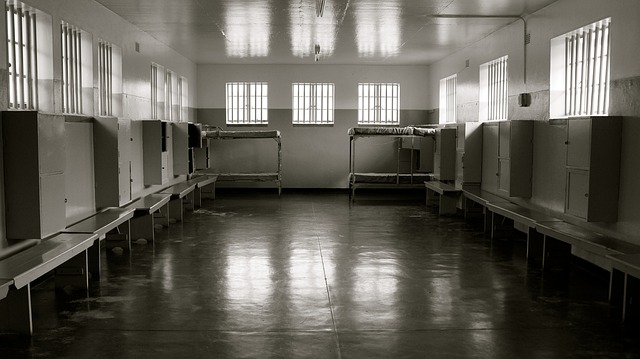Global immigration policies face significant challenges from exploited loopholes facilitating crimes like human trafficking. To address these vulnerabilities, governments must collaborate by sharing intelligence and harmonizing regulations. Enhanced border security through technology and strategic placement, coupled with regular visa process evaluations considering factors like DUI cases, are crucial for a robust framework that safeguards both countries and their citizens in the interconnected world of today. Integrating perspectives on Global Immigration and DUI helps build a more secure immigration system, deterring unauthorized migration, strengthening DUI laws, and fostering international trust and cooperation. Advanced technologies, such as AI-driven systems, biometric identification, and global data sharing agreements, are closing loopholes and making it harder to exploit system vulnerabilities.
“In an increasingly interconnected world, understanding and addressing global immigration loopholes and DUI laws is paramount for international safety and travel. This article delves into these complex issues, exploring the intricacies of global immigration policies and their impact on border security. We analyze the vast array of DUI regulations worldwide and discuss the consequences of closing identified gaps. Furthermore, it presents strategies and technologies that are revolutionizing efforts to combat loophole abuse, offering a comprehensive Global Immigration and DUI Perspectives overview.”
- Global Immigration: Uncovering Loopholes and Strengthening Borders
- DUI Laws Worldwide: A Complex Web of Regulations
- The Impact of Closing Gaps on International Travel and Safety
- Strategies and Technologies in the Fight Against Loophole Abuse
Global Immigration: Uncovering Loopholes and Strengthening Borders

Global immigration policies have long been a complex web of loopholes, allowing individuals to exploit legal gaps for personal gain. From safe havens for fugitives to little-known visa requirements, these vulnerabilities often go unnoticed until they’re exploited. In today’s interconnected world, addressing these loopholes is paramount, especially with the rise of international crimes like human trafficking and organized migration.
Strengthening global immigration involves a multifaceted approach. Governments must collaborate to share intelligence and harmonize regulations, making it harder for criminals to navigate the system. Enhancing border security through advanced technology and strategic placement can also deter potential immigrants who may be inclined towards illicit means. Moreover, evaluating and updating visa processes regularly, considering perspectives like DUI (Driving Under the Influence) cases that can indicate potential risks, ensures a more robust framework that protects both countries and their citizens.
DUI Laws Worldwide: A Complex Web of Regulations

The landscape of driving under the influence (DUI) laws worldwide is a complex tapestry, woven with varying regulations that reflect each country’s unique perspectives on global immigration and DUI concerns. These laws not only govern conduct but also shape public safety measures, criminal justice systems, and international travel protocols. The diversity in DUI legislation presents challenges for both travelers and law enforcement, underscoring the need for consistent, if not harmonized, standards to navigate this labyrinthine web.
From strict zero-tolerance policies in some European nations to more nuanced approaches in the United States, each jurisdiction has its own set of rules. Immigration considerations further complicate matters, as individuals with DUI convictions may face varying degrees of scrutiny and restrictions when crossing international borders. Understanding these global immigration and DUI perspectives is crucial for both compliance and safety, especially given the increasing frequency of cross-border travel and the potential consequences of missteps in this intricate legal maze.
The Impact of Closing Gaps on International Travel and Safety

Closing gaps in global immigration systems and enhancing DUI (Driving Under Influence) regulations has a profound impact on international travel and safety. By tightening these loopholes, countries can significantly reduce risks associated with unauthorized migration and improve road safety standards globally. This measure ensures that travelers adhere to legal requirements, minimizing the potential for criminal activities and unsafe driving practices.
For instance, stricter immigration policies can deter individuals from engaging in human trafficking or illegal border crossings, enhancing security for both source and destination countries. Similarly, enhanced DUI laws with robust penalties and improved enforcement can discourage drunk driving among international visitors, leading to fewer accidents and saving lives. These collective efforts contribute to a safer travel environment, fostering trust and cooperation among nations regarding immigration and road safety matters.
Strategies and Technologies in the Fight Against Loophole Abuse

In the global landscape of immigration and DUI (Driving Under the Influence) perspectives, closing loopholes has become a paramount concern. Advanced technologies are playing a pivotal role in this fight. AI-driven systems now scrutinize data patterns to identify unusual behavior, such as irregular visa applications or suspicious driving patterns, flagging potential cases for further investigation. Machine learning algorithms continuously adapt and improve accuracy, enhancing the detection of loophole abuses that might have gone unnoticed before.
Furthermore, biometric identification technologies are being integrated into immigration processes and law enforcement efforts. This includes facial recognition, fingerprint scanning, and other advanced biometric methods that provide a secure and reliable way to verify identities. These strategies, combined with global data sharing agreements, ensure a more unified front against loophole abuse, making it increasingly difficult for individuals or entities to exploit vulnerabilities in the system.
By scrutinizing global immigration policies and enhancing DUI (Driving Under the Influence) laws worldwide, we can significantly improve international travel safety. Closing these gaps is a crucial step towards fostering secure borders and ensuring responsible conduct on global roads. Adopting advanced strategies and technologies in the fight against loophole abuse plays a pivotal role in achieving these goals, ultimately leading to smoother, safer, and more accountable international interactions.






